Business in Portugal. Portuguese Economy, Lisbon
Portuguese Foreign Trade, Logistics. International Relations of Portugal: Africa, America. Lisbon
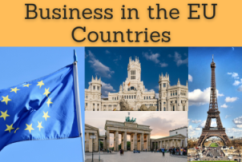
Main products of Portugal are textile, footwear, auto parts, chemicals, wood, cork oak, paper, metals, dairy products, wine, porcelain...
One of the most important features of the economic structure of the Portuguese Republic is the services sector dominance
The Portuguese Services sector contribute 73.6% to gross value added (GVA) and represent 59.3% of the labour market
- Introduction to the Portuguese Republic
- Portuguese Economy
- Portuguese International Trade
- International relations of Portugal with Europe, Sub-Saharan Africa, America, Asia
- Importance of the Community of Portuguese-speaking Countries
- Transport and Logistics
- Invest in Portugal
- Main Portuguese companies
- Case Studies:
- PORTUCEL SOPORCEL Group
- Efacec Group
- Portugal Telecom
- Access to the Portuguese Market
- Business Plan for Portugal
Sample: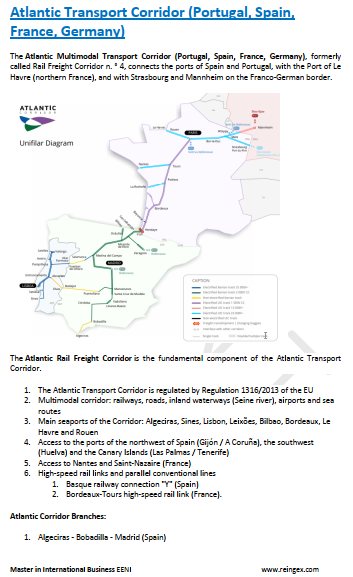

The educational aims of the Subject “Foreign Trade, Logistics and Business in Portugal” are:
- To analyze the Portuguese Economy, Logistics and Global Trade
- To conduct research on business opportunities in the Portuguese Market
- To research the trade relations of Portugal with the student's country
- To understand the importance of the Community of Portuguese-speaking Countries
- To learn about Portuguese trade agreements as a member of the European Union
- To develop a business plan for the Portuguese Market

The Subject “Foreign Trade, Logistics and Business in Portugal” is included within the curriculum of the following academic programs at EENI Global Business School:

Masters: International Business, Foreign Trade.

Languages:  +
+  Portugal
Portugal  Portugal
Portugal  Portugal.
Portugal.
- Subject Credits “Doing Business in Portugal”: 1

Business in Portugal.
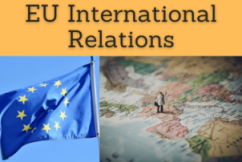

Portuguese Preferential Access and Trade Agreements:
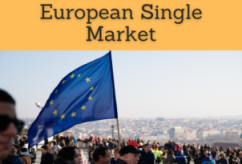
- Portugal and the European Economic Area
- European Union
- Economic and Monetary Union
- European Customs Union
- European Single Market
- The European Union Services Directive
- European Digital Single Market
- As a member of EU, Portugal is a beneficiary of EU Free trade agreements
- Latin American and Caribbean Economic System (SELA)
- Africa-European Union
- ALADI (observer)

- World Trade Organization (WTO)
- Agreement on Trade in Services (GATS)
- Agreement on Sanitary Measures
- Agreement on Technical Barriers to Trade
- Agreement on Preshipment Inspection
- Agreement on Safeguards
- Trade Facilitation Agreement
- World Customs Organization (WCO)
- Kyoto Convention
- Convention Harmonization of Frontier Controls of Goods
- Hamburg Rules
- CMR Convention (UN)
- International Road Transport Union (IRU)
- TIR Convention
- Guidelines on Safe Load Securing for Road Transport
- COTIF Convention (Rail)
- BIC
- Chicago Convention (ICAO)
- International Maritime Organization (IMO)
- Convention for Safe Containers
- Istanbul Convention
- International Chamber of Shipping
- Customs Convention on Containers - not a member
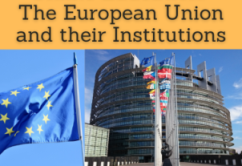
European Organizations:
- European Union
- Group of States against Corruption
- European Central Bank
- European Investment Bank
- Economic Commission for Europe (UNECE)
- Organization for Security and Cooperation in Europe (OSCE)

- Inter-American Development Bank (Non-borrowing country)
- Organization of American States (OAS)
- Asia-Europe Meeting
- Economic Commission for Latin America (ECLAC)
- African Development Bank
- Asian Development Bank
- International Monetary Fund
- United Nations
- Community of Portuguese-speaking Countries (CPLP)
- World Trade Organization (WTO)
- OECD
- OECD anti-corruption measures
- World Bank
- Portuguese Capital: Lisbon
- Area of the Portuguese Republic (Europe): 92,212 km²
- Portuguese Population: 10.46 million people
- Official Language: Portuguese
- Border with Spain
- Portuguese Government: Unitary semi-presidential Constitutional Republic
- The Portuguese Republic has significant cultural and historical with Latin America, especially with Brazil.
- Also to its former colonies: Macau, Mozambique, Angola, Cape Verde, Guinea-Bissau and São Tomé and Príncipe
- Abolition of Slavery in Portugal: 1869
Religion: Catholicism.
Portugal belongs to the European Economic Area.

Portuguese Foreign Trade
- The Portuguese market has only 10.6 million people, but there are more
than 249.6 million people who speak Portuguese worldwide (the fifth most
spoken language in the world: Angola, Brazil, Cape Verde, Guinea-Bissau, Mozambique, São Tomé and Príncipe, Macau...)
- These countries have significant trade relations with Portugal
- Foreign enterprises investing in Portugal can easily access to these markets
- The Portuguese Republic has a nominal growth of 11% in exports of products and services
- The Portuguese largest trading partner is Spain (23.5% of Portuguese exports)
(c) EENI Global Business School (1995-2025)
Top of this page









 WhatsApp
WhatsApp